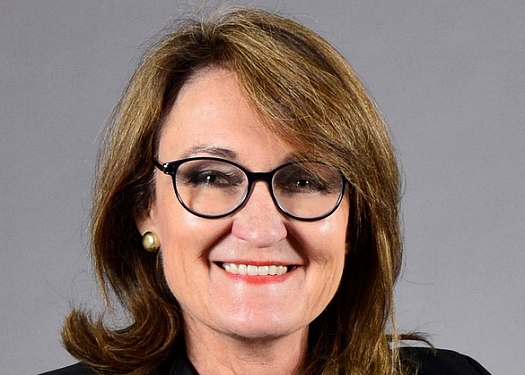The recent opening of the Vitanova connective tissue bank – a partnership between Bone SA and the Industrial Development Corporation – opens the door to South Africa becoming a global player in the biomedical sector, writes Prof Petro Terblanche.
Prof Terblanche, chairperson of Bone SA, writes:
With just more than 10% of the South African population vaccinated against COVID-19, the drive to encourage more people to get vaccinated remains a primary public healthcare concern. And rightly so. As a developing economy we simply cannot afford to prolong the impact of the pandemic any longer.
And while coronavirus has been one of the main focus areas of the medical fraternity over the past months, the biomedical sector has quietly been getting on with its own work, establishing itself as one of global calibre.
In June this year, Bone SA, a registered non-profit organisation concerned with the sourcing and distribution of bone and tissue products, in partnership with the Industrial Development Corporation (IDC), opened the Vitanova connective tissue bank in Cape Town.
Vitanova is the first of its kind in the Western Cape and only the third such facility in South Africa. This facility will play an important role in improving and enhancing the country’s tissue engineering capability. The long-term objective is to grow Vitanova to be the foremost such facility on the sub-continent.
The need for this facility is underpinned by the fact that at any given time, around 4,300 South Africans are in need of organ or tissue donation. To adequately serve these patients we need to increase and improve our capability, particularly our technology, to do this. This is the main objective of the state-of-the-art Vitanova facility.
The science and technology driving tissue engineering is developing rapidly and offers patients who are disabled or debilitated by injury or disease, dynamic and sustainable solutions. Human tissue including bone, skin, corneas and heart valves, is used in a variety of surgical applications and can go a long way to improving a patient’s quality of life. As just one example, it can save patients with severe burns, help restore mobility and repair torn ligaments and tendons. Regenerative medicine and tissue engineering are fields that have enjoyed significant improvements in recent years. Today we are able to use implanted products made of fragments of bone to stimulate a broken or damaged bone to regenerate and grow, which is a marvel in itself.
The future of tissue engineering is beyond what we can realistically imagine right now. We know scientists around the world are looking at ways to 3D bio-print tissue from a person’s own cells. We also know that NASA astronauts have conducted experiments on 3D bioprinting tissue while in orbit in space to minimise the impact of gravity on the process!
These discoveries hold the potential to transform our notion of healthcare in general, and recovery from injury and disease in particular. Vitanova places South Africa in a position to not only participate but also actively contribute to the strides being made in the biomedical field.
South Africa has, for many years, been at the forefront of medical research and advances. The world’s first heart transplant comes to mind, but as does our pioneering work in managing HIV/Aids and TB. That’s not to mention the stellar reputation hundreds of our doctors and scientists enjoy abroad, and the exceptional work the South African Medical Research Council does daily.
Vitanova is an important investment in the biomedical sector, but more keenly, it represents the possibility for South Africa to become a world-class player in the fields of medical science, research and health innovation.
See more from MedicalBrief archives:
Following sharp decline in donations, Eye Bank Foundation of SA joins forces with Bone SA
Lack of ethnic diversity among donors a problem for SA Bone Marrow Registry
Wits boosts organ donor numbers with new procurement strategy
Successfully using surgical screws from donated human bone

